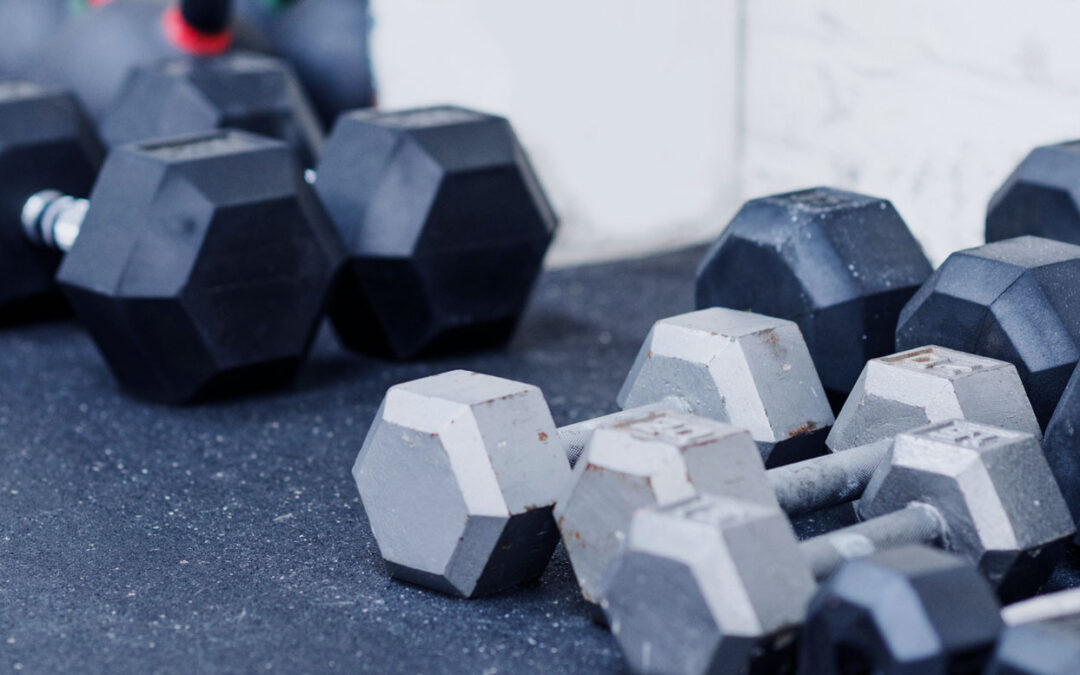
Winter is here, that means go to work in the dark and leave work in the dark. During these periods of time we often feel like not having enough energy to do hard or even daily tasks. As some methods are clear to gain more energy such as training, meditating and nutrition a deeper level of the way we handle nutrition has become more popular nowadays for even big celebrities such as Beyonce and Hugh Jackman. As an athlete I love to try new things out that could improve my performance on physical and mental level. Over the years I tried different methods that could help me perform better and if it works for celebrities it also must work for me. We are talking about intermittent fasting. Read further how you can apply this method to feel energized during the day “ Fasting has been practiced throughout history by almost every religion in the world” – Cynthia
Intermittent fasting is a meal-timing method that spans 8 hours block of eating and 16 hours of fasting. During these 16 hours of not-eating something magical happens in the body. When you eat the food will be stored in the liver as energy called glycogen, but after 10-12 hours not eating your glycogen reserves will be extremely low. An side effect is feeling more irritable than normal called “Hangry”. The advantage is that during this phase fat cells release fats into your bloodstream. The fat cells head straight to the liver, where they are converted to energy for your body and brain. According to a study people who fasted for a time period of 12-20 hours experience an increase of 60% in energy from fat. This is the benefit for intermittent fasting because it puts you in a state called ketosis, why researchers think the method could provide for a long lasting, healthy life. The process of burning fat releases chemicals called ketones. In the brain, ketones trigger the release of an important molecule called BDNF. BDNF helps build and strengthen neurons and neural connections in areas of the brain responsible for learning and memory. Which could explain why a boost in ketone production has been shown to improve memory in people with early signs of dementia in as soon as 6 weeks. Increasing ketones in the body is also a common treatment for patients with severe epilepsy.
You don’t necessarily have to fast to boost your ketone levels. Introducing more fatty foods into your diet and cutting back on carbs can have a similar effect. A group of people who tried this method for 3 months not only lost weight and body fat, but also saw a decrease in blood pressure and a hormone (IGF-1) that is related to aging and disease.
But scientists have discovered that fasting increases ketone levels more. Ketogenic diets can increase ketones 4-fold whereas fasting has been shown to increase ketones by up to 20. As a result, fasting , compared to a ketogenic diet, may have a stronger, more beneficial effect on overall health.
Starving to begin a ketogenic diet? click here for a 7-day sample meal plan

